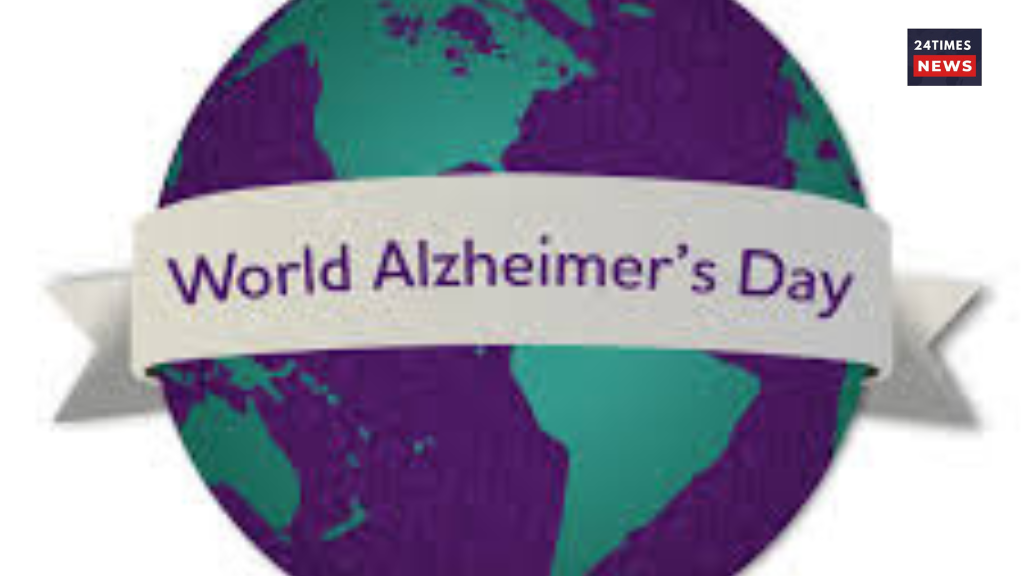World Alzheimer’s Day 2025
On World Alzheimer’s Day 2025, it is important to understand how genetics, early warning signs, and prompt intervention can help manage Alzheimer’s risk, offering families hope and better care options.
Once considered a natural part of aging, Alzheimer’s disease is now recognized as a distinct medical condition. Research indicates that genes play a significant role in an individual’s susceptibility. Awareness is key to effective management, and physicians, families, and caregivers can better prepare by understanding a person’s genetic risk.

Early Warning Signs
Early indicators include memory lapses that affect daily life, such as frequently forgetting conversations, becoming disoriented in familiar places, or struggling with routine household tasks. Alzheimer’s often develops silently over years before noticeable symptoms appear, making early detection particularly critical, especially for individuals with a family history of the disease.
Genetic Basis of Alzheimer’s
From a genetic standpoint, Alzheimer’s is classified into two types: Early-Onset Familial Alzheimer’s Disease (EOFAD) and Late-Onset Alzheimer’s Disease (LOAD).

Early-Onset Familial Alzheimer’s Disease (EOFAD):
EOFAD is rare and usually affects individuals in their 40s or 50s. It is caused by inherited mutations in the APP, PSEN1, or PSEN2 genes. These mutations follow an autosomal dominant pattern, meaning the condition can be inherited from either parent with just one copy of the mutant gene.
Late-Onset Alzheimer’s Disease (LOAD):
LOAD is more common and typically appears after age 65. It is influenced by a combination of genetic variations and environmental factors, with the APOE gene variant being particularly significant. However, not everyone with APOE mutations develops Alzheimer’s, highlighting the importance of lifestyle and environmental factors.
Family Risk and Early Intervention
Having a parent or sibling with Alzheimer’s increases a person’s risk by about three to four times, though a higher risk does not guarantee the disease will develop. Genetic testing can help identify rare familial cases, enabling neurologists to provide targeted care and reduce both financial and emotional burdens. While predicting late-onset Alzheimer’s remains challenging, genetic insights can guide focused monitoring and lifestyle adjustments to mitigate risk.





